The fundamental human conflict – When the interests of the self clash with the interests of one’s group. Find out more about the many faces of the human conflict.
Picture this: You’ve signed up to contribute an item to a bake sale for your local PTA. The bake sale is taking place tomorrow morning and all items are to be dropped off by 9am at your kids’ elementary school. You’ve bought all the ingredients and you’re fully prepared to make two dozen of your locally famous whoopie pies for the event. Lisa, the president of the PTA herself, asked you specifically if you could make your whoopie pies for this event. And she even mentioned them in the flyers that went out to all students in the district earlier this week.
Aside from the bake sale, you’ve got other stuff going on in your life.
After having recently gone through a painful divorce, you have finally found a guy who you really really like. Tim is just everything—great-looking, charming, smart, funny, well-connected, and he’s got a great career. And you find yourself feeling fully in love with him and looking at his pictures on your phone constantly.
Right when you walk into the kitchen at 9 pm to start working on the whoopie pies for tomorrow’s bake sale, you get a text from Tim. And it says this:
My weekend schedule has just changed around and it looks like I’ll be flying my plane into Key West. Have to leave in an hour so that I can drop off something for a friend down there before 8. I would LOVE some company. Are you around for a little weekend jaunt?
Your mind and heart are racing. Your kids are staying with your ex for the weekend. If ever there were a time that you could actually do this, that time would be now. But the whoopie pies! Those darn whoopie pies!
What do you do? Do you make good on your commitment to your local PTA and stay home by yourself tonight making those whoopie pies? Or do you jet off to the Keys with Tim, who may well end up being the love of your life?
Framed another way: Do you do what is in the interest of the broader group (i.e., stay home and produce the whoopie pies for this local community event) or do you do what is clearly in your own self-interest (i.e., throw caution to the wind and fly to the Keys with Tim)?
In our lives, we’re often faced with such social dilemmas. Dilemmas that pit our own self interests against the interest of some broader group or community to which we belong. In fact, such dilemmas are so common that we might think of them as the Fundamental Human Conflict.
Related: How To Stand Up for Yourself Without Rocking The Boat
Within-Group Selection Pressures And Between-Group Selection Pressures
Renowned evolutionary biologist David Sloan Wilson has focused much of his career on discussing how human evolution has included elements of both within-group selection pressures and between-group selection pressures.
In short, Wilson (2007; 2019) has argued that since humans are so incredibly group-oriented (or groupish), evolutionary pressures on our species across thousands of generations have included a combination of (a) pressures that benefit one’s own chances of survival and/or reproduction as well as (b) pressures that benefit the group or community that one belongs to, often at a cost to one’s own interests.
Much of Wilson’s work in this area has focused on the nature of religion (see Wilson, 2002). In his work on understanding the evolutionary underpinnings of religion, Wilson found that religious organizations in general tend to work to inhibit self-serving behaviors and to facilitate other-oriented behaviors. This general process leads to benefits that flow to the group directly and that flow to individuals more indirectly.
From this perspective, humans are kind of a funny organism. We have motivations to benefit our own lot (as is true of organisms writ large; see Dawkins, 1976) while we have motivations to downplay our own short-term selfish interests in the interests of some broader group or community that we belong to.
In terms of Wilson’s notion of multi-level selection, then, we can think of it this way: We are motivated both to succeed over others within our own groups (thus, within-group selection) but we are concurrently motivated to take steps to help our own group succeed (perhaps over other groups; thus, between-groups selection). And often, these motivations are at odds with one another.
Related: What Women (And Men) Really Want at Work
When it comes to the human experience, we can think of these sometimes-competing pressures as comprising the fundamental human conflict.
The Many Faces Of The Fundamental Human Conflict
This basic conflict is so central to the human experience, that variants of it exist in a broad array of human social contexts. Below are just a few examples to put a face to this concept.
1. The Fundamental Human Conflict Related to Group Projects at Work
Imagine the following: You are a manager of a great team of 12 employees. Your boss takes you aside one day and tells you that you will be eligible for a large annual bonus if you are able to reduce that group to eight by laying off four of your co-workers. Your boss tells you that whether these layoffs take place is fully up to you.
2. The Fundamental Human Conflict Related to Group Projects at School
You are in a group of four students and your group PowerPoint is due tonight at midnight. It is 7pm. You had fully planned on doing your part on time. Just as you sit down at the computer, you get a text from a friend saying that she has just turned up an extra ticket for a concert of your favorite band who happens to be in town for one special performance tonight.
3. The Fundamental Human Conflict in Family Situations
You are planning to go with your family to your brother’s house for Thanksgiving tomorrow, as you do every year. You just got a text from your brother telling you that your uncle Joe will be attending. Last year, Joe slighted you and your whole family hard at the dinner table and you have since, quite publicly and clearly, fully cut off ties with Joe. And you know full well that your bother knows the deal.
Related: 14 Ways A Narcissistic Grandmother Can Harm Your Children
4. The Fundamental Human Conflict in the Choir
You were passed over for a solo during last year’s winter performance and you have been hell-bent on making sure that you have a solo this year. As it turns out, you’ve also recently been promoted to the position of musical director for your choir.
Your friend Sarah just tried out for the solo that you are gunning for. It is from a new Taylor Swift song and Sarah truly brought the house down. It is clear to everyone, including yourself, that her performance has it all over yours. In your role as musical director, you get the final say.
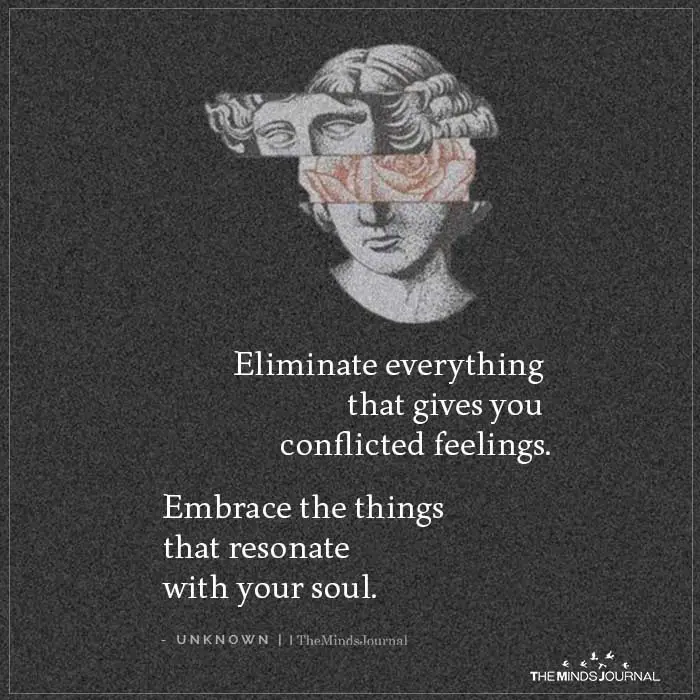
5. The Fundamental Human Conflict in Relationships
It is your partner’s birthday tomorrow and the only thing she has asked is that she gets to spend it with you. You have booked reservations at the finest restaurant in town for 7 pm. At about 3 pm you get a text from your college roommate whom you haven’t seen in years.
He and three of your other buddies from college are heading down to Atlantic City for the night in a limo. They ask you to join, all expenses paid.
Related: 3 Human Desires To Thrive: How To Make Someone Feel Seen, Loved And Understood
Bottom Line
Constantly in life, we must balance what is in our own interest against what is in the interest of some broader group or community to which we belong. From an evolutionary perspective, this situation arises from the fact that across human evolutionary history, we have been shaped by both within-group pressures, to benefit ourselves, and between-group pressures, to act in the interests of some broader group to which we belong. In an important sense, we can think of this fact of human social life as the fundamental human conflict. And variants of this conflict exist across any and all spheres of our social life (see Geher & Wedberg, 2020).
Understanding the nature of this conflict and its evolutionary underpinnings might help us see such situations more clearly and might help guide us toward making relatively wise decisions in the long run.
References
Dawkins, R. (1976). The Selfish Gene. Oxford: Oxford University Press.
Geher, G. & Wedberg, N. (2020). Positive Evolutionary Psychology: Darwin’s Guide to Living a Richer Life. New York: Oxford University Press.
Wilson, D. S. (2002). Darwin’s Cathedral: Evolution, Religion and the Nature of Society. Chicago: University of Chicago Press.
Wilson, D. S. (2007). Evolution for everyone: How Darwin’s theory can change the way we think about our lives. New York, NY: Delacorte Press.
Wilson, D. S. (2019). This View of Life: Completing the Darwinian Revolution. Pantheon: New York.
Written by: Glenn Geher, Ph.D.
Originally appeared on Psychology Today
Republished with permission
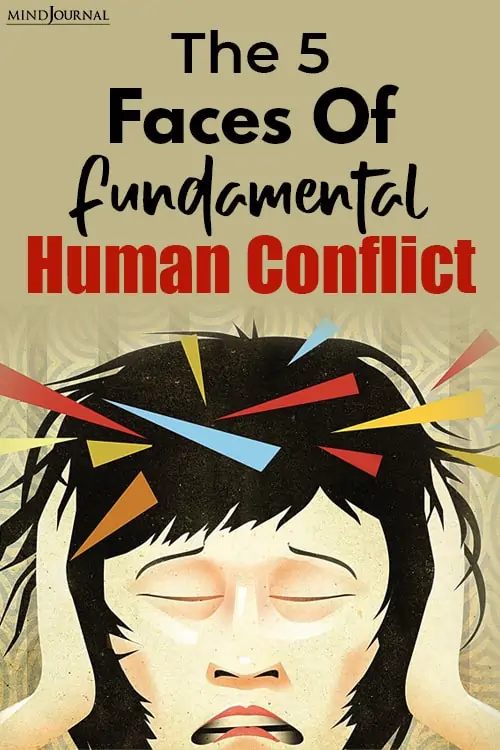
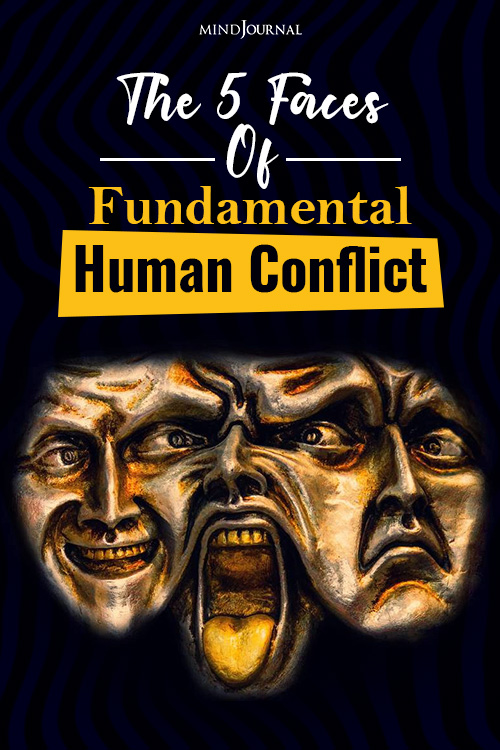



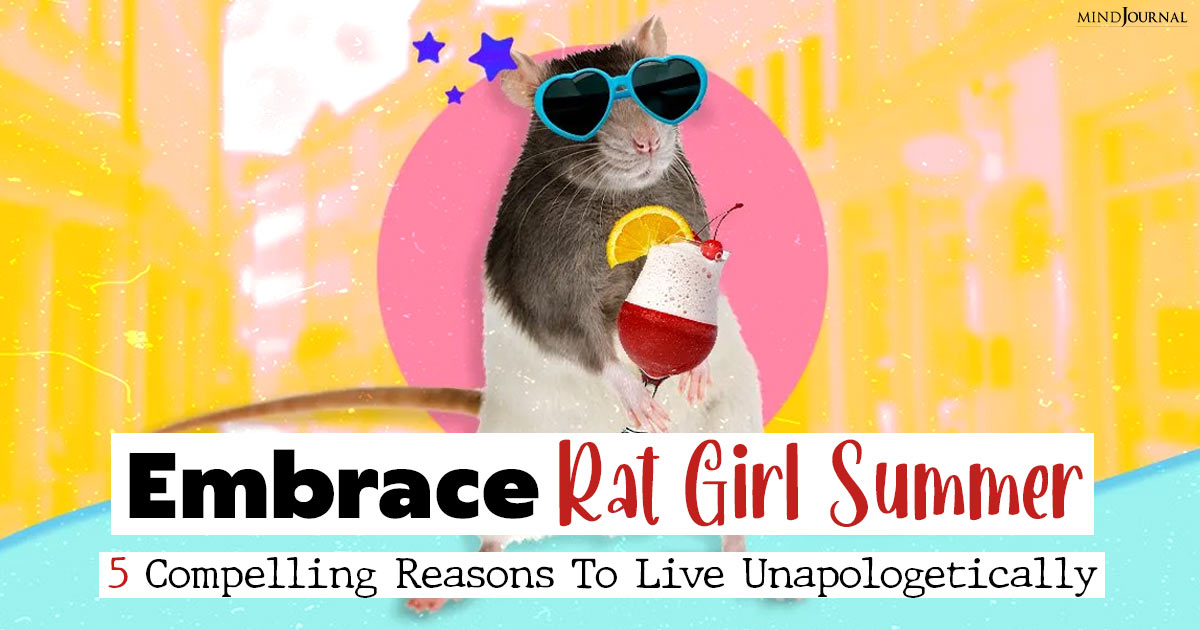



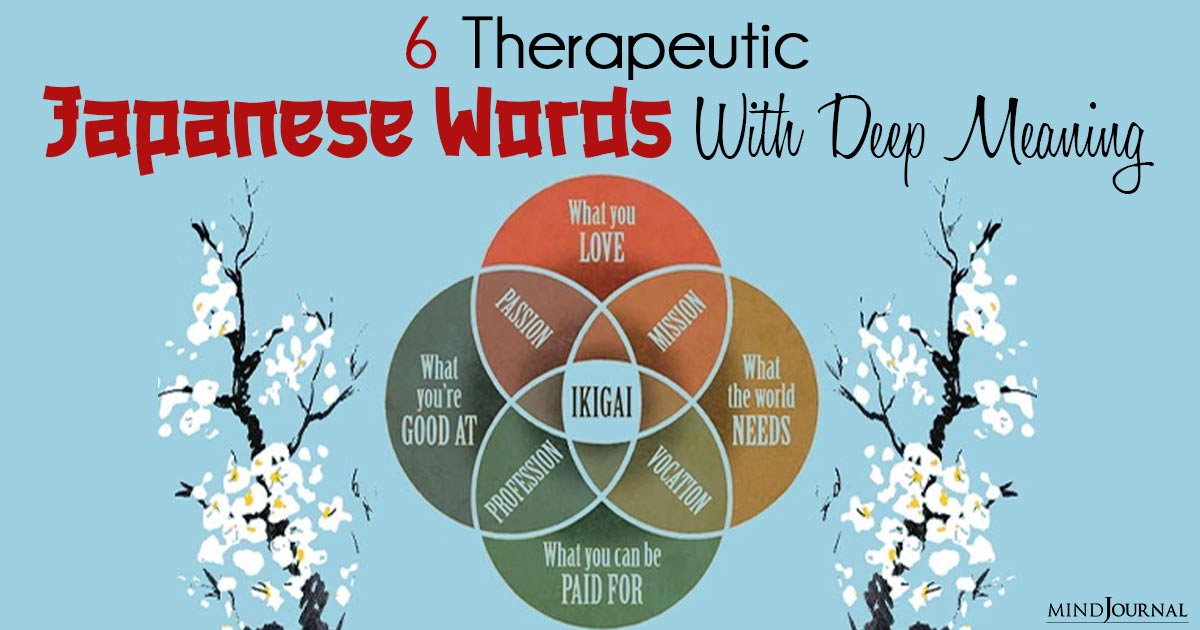
Leave a Reply
You must be logged in to post a comment.